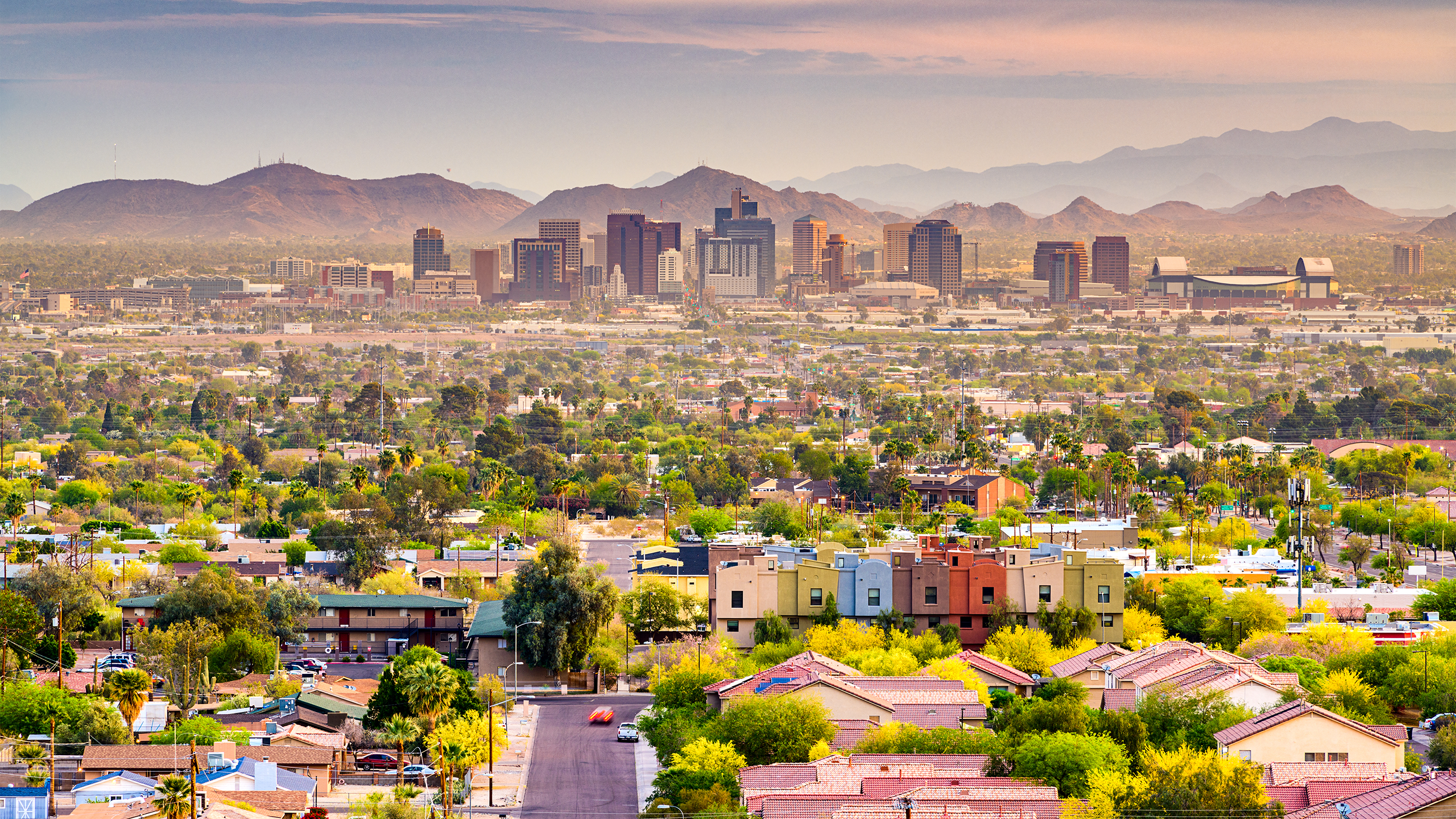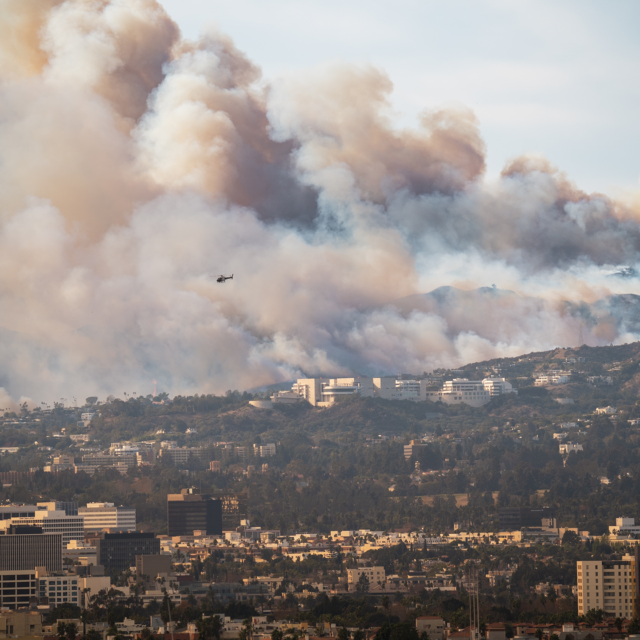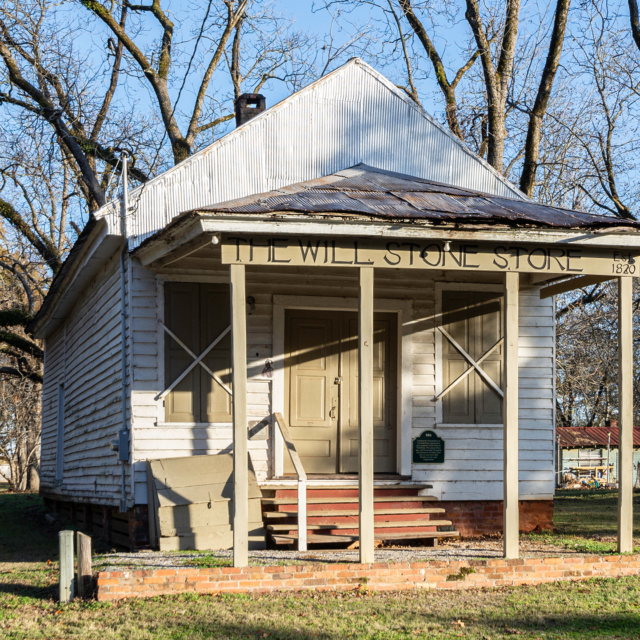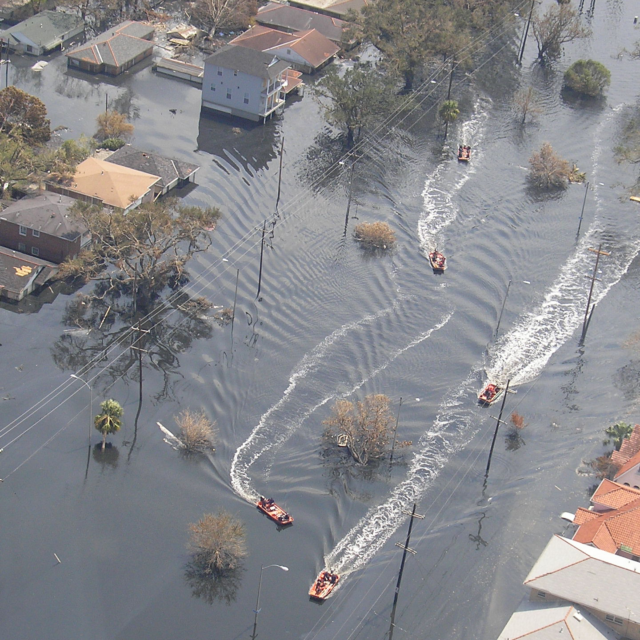Listen and subscribe to us on your favorite podcast platform
Phoenix, Arizona has seen meteoric population growth since 2010. Now the nation’s fifth largest city, its population increased by around 12% over the course of a decade. According to the U.S. Census Bureau, this highly-engineered metropolis has continued to expand at the second fastest rate in the nation between 2021 and 2022.
Counterintuitively, the region has experienced an escalation of extreme heat and drought risk. The summer of 2023 was the hottest globally since NASA’s records began in 1880 by 2.59 degrees Fahrenheit. This significantly contributed to the deadliest heat wave for Phoenix, with 579 fatalities attributed to the elevated temperatures.
Since August 2021, Phoenix has been grappling with federally declared shortages on the Colorado River, which has historically accounted for 38% of its overall water supply. To keep the river stable, the city recently agreed to a 30% reduction of this allocation over three years—enough to supply 450,000 households for year— in exchange for $60 million in water infrastructure improvements.
Statistics such as these are what have catapulted Phoenix to the top of many national and global climate resilience conversations. Reported figures are also what inspired our colleagues at Climate Now to seek our collaboration to reach experts on the ground in Phoenix and get at a better understanding of how the city has been able to maintain such steady population and industrial growth, despite perceived and actual risks.
This special long-form episode combines conversations with climate experts and business leaders closely involved in the state’s adaptation and sustainability efforts. Through their discussions, a clearer picture of why Phoenix is a coveted destination for many and how it plans to remain as one well into the future, appears. Moderators Duke Reiter (Ten Across founder) and James Lawler’s (Climate Now founder) frame the conversation.
Notable Quotes
I hope we have incentives for people to make decisions…If we’re incentivized to conserve, to conserve energy, to conserve water to reduce our emissions, and the incentivization is financial, primarily, it’s more effective than fear—if I could put it that way—fear of the disaster.
Enrique Vivoni, Director of the Center for Hydrologic Innovations, Arizona State University
We are always reinventing ourselves. We’re always looking at best practices. And I would argue that that’s what’s going to keep Phoenix successful. The fact that we don’t rest on our laurels… The fact that this is an innovative city that’s always looking for solutions each and every day—whether it’s cool pavement, planting more trees, storing more groundwater, whether it’s looking at advanced water recycling. We’re the only big city in the country that has an office of heat mitigation.
Christine Mackay, Community and Economic Development Director, City of Phoenix.
If you want to cut the heat deaths in half in Arizona, house every unhoused person, right? Just make sure that everyone in the United States has, you know, safe quality housing, a safe thermal environment. I don’t think there’s the appetite economically, public sentiment to do something like that… For those that are lucky enough to have air conditioning, maybe a private automobile, work in a safe work environment. Their kids go to schools that have air conditioning. A heat wave is a minor inconvenience. It’s not a life or death situation.
Ladd Keith, Ph.D, Assistant Professor of Planning and Sustainable Built Environments, University of Arizona.
If you’re used to living in a place where there’s winter, you don’t think twice about shoveling the snow on your sidewalks or putting on your snow tires… Here, we think about having water in our car. We think about shade. We just think about it in a different way. But in my perspective, I think it requires less effort to live in a more temperate place than it does in a place that gets a lot of cold.
Heidi Kimball, Senior Vice President, Sunbelt Holdings
Guest Speakers
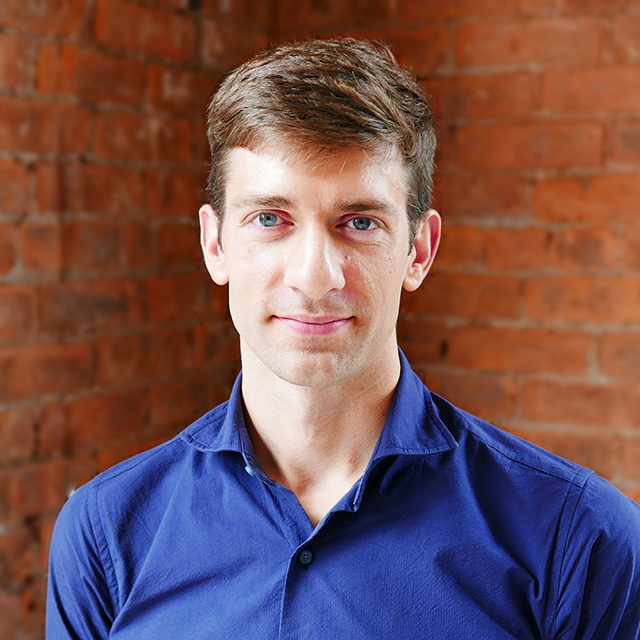
Guest moderator James Lawler founded Climate Now as a way to learn about climate change and our energy system. Its mission is to distill and communicate the science of our changing climate, the technologies that could help us avoid a climate crisis, and the economic and policy pathways to achieve net zero emissions globally. James is also the founder of Osmosis Films.
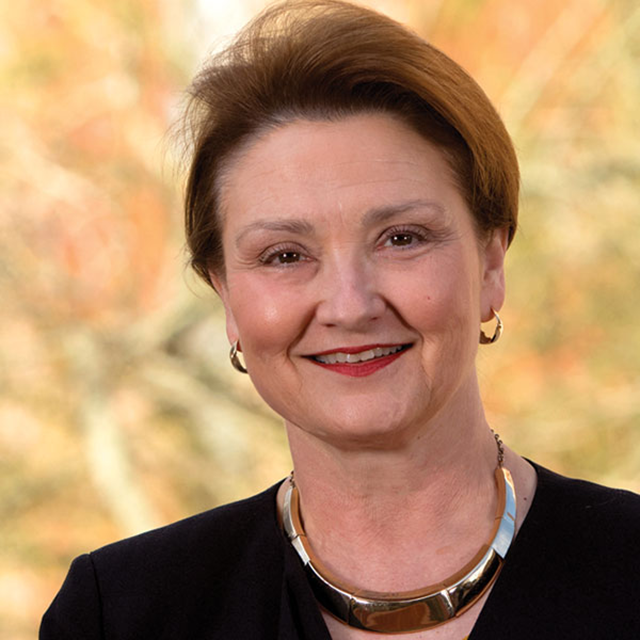
Guest Christine Mackay is the Community and Economic Development Director for the City of Phoenix. During her tenure, she has facilitated the creation of more than 84,000 high-value jobs and closed deals with more than $50 billion in capital investment.
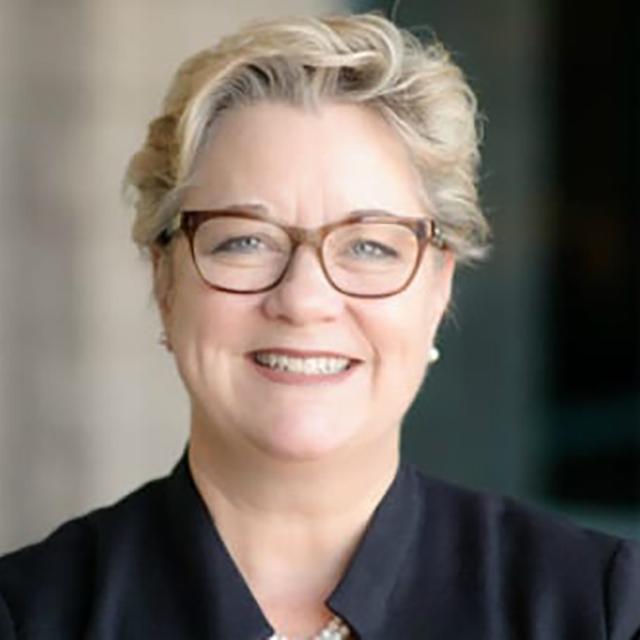
Guest Heidi Kimball is the Senior Vice President of Sunbelt Holdings. In 30 years, Sunbelt Holdings has developed more than 50,000 acres of land in the state into some of the most recognizable residential communities and industrial complexes.
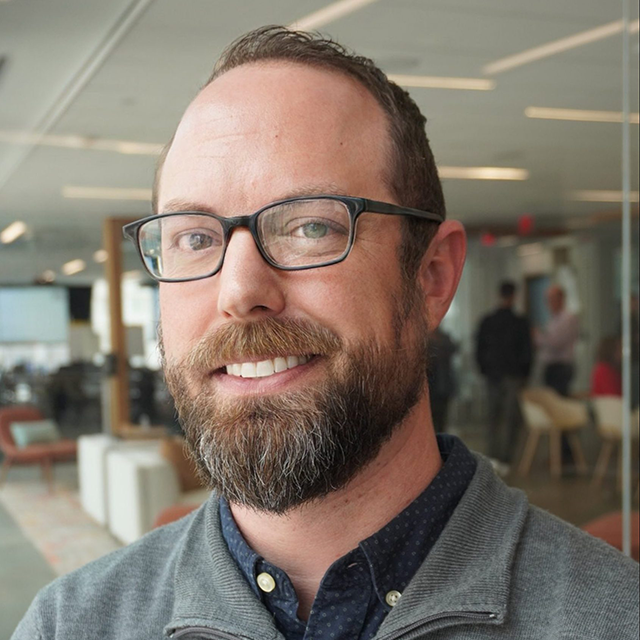
Guest Ladd Keith, Ph.D., is an assistant professor in the School of Landscape Architecture and Planning and a faculty research associate at the Udall Center for Studies in Public Policy at the University of Arizona. An urban planner by training, his research explores heat planning, policy, and governance and he has research leadership roles on the DOE Southwest Urban Corridor Integrated Field Laboratory (SW-IFL), the NOAA Climate Assessment for the Southwest (CLIMAS), and the CDC Building Resilience Against Climate Effects (BRACE).
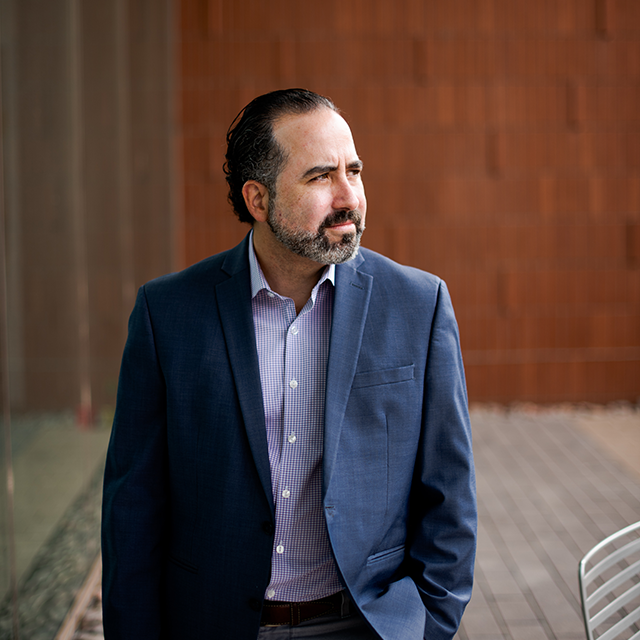
Guest Enrique Vivoni is the Fulton Professor of Hydrosystems Engineering and the Director for the Center of Hydrologic Innovations at Arizona State University. Enrique is also co-lead of the DOE SW-IFL Observations team. He has won a number of local and national awards, including the Governor’s Award for Arizona’s Future and the International Award from the Mexican Carbon Program.
